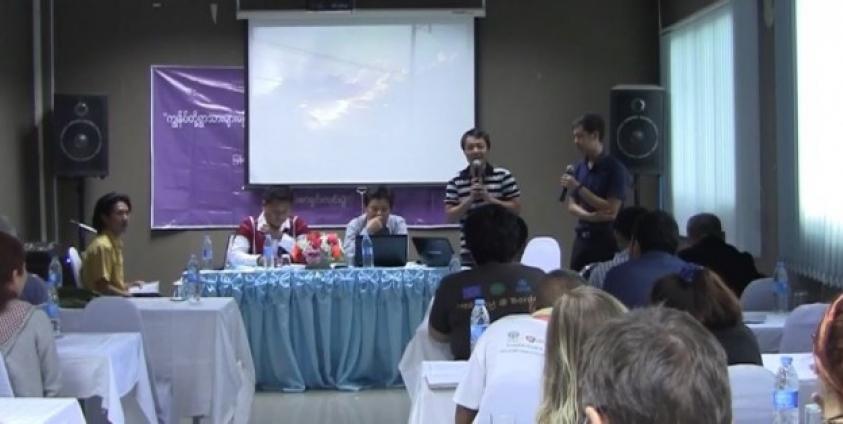Land confiscation in Karen state has continues to increase according to a new report from the Karen Human Rights Group.
The KHRG report titled, “With only our voices, what can we do?” was released on July 15 in the Thai border town of Mae Sot. The report documents the increased land confiscation by government officials and the Burma Army and takes into consideration the proactive responses from rural villagers, as they try to find legal ways to fight back.
The KHRG report notes that farmers have long run into issues attempting to get customary land recognized and compensated by the Burma government when confiscated for resources and infrastructure, and recently the government has resorted to policy measures. Karen villagers worry that ‘customary law’, a long running but undocumented system controlling ancestral lands, remains largely unrecognized by the Government.
The KHRG told Karen News that local villagers are attempting to force recognition for the government to respect customary laws by lobbying local officials and engaging in grass roots activism.
As Karen Environment and Social Action Network, a Karen land rights group has pointed out that, as money continues to flood into the region, “local governments typically embrace these powerful businesses and their a [development] agendas.” These developments include the construction of dams and highway projects, resource extraction and commercial mining. KESAN reports that in order to construct roads and new highways the government bulldozes homes and renders fields unusable, promising compensation that is very rarely delivered.
The construction of new dam projects such as the Hatgyi Dam, will provide a source of renewable energy, however very little of it will be used in Burma, 90% will be exported to neighboring countries.
The KHRG report said that there were 47 reports of land confiscated for mining with villagers almost never compensated. Environmental destruction caused by new infrastructure and run-off from mining is also highlighted in the report.
Gold mining and refining has caused major river pollution in Karen state, as cyanide and mercury used to refine gold in has polluted the waterways, it has caused health problems for local people and destroyed their harvests, as KHRG said in its press conference, “when the water flows in the field they cannot harvest from that field anymore”.
When people are displaced from their lands many unable to grow and rely on their plantations become and ill health. The KHRG said that as villagers land is seized and environmental destruction continues the villagers of Karen state will be left with little to rely on.








